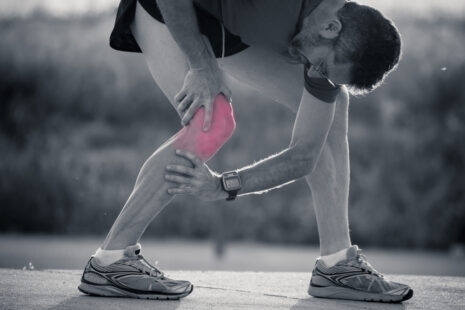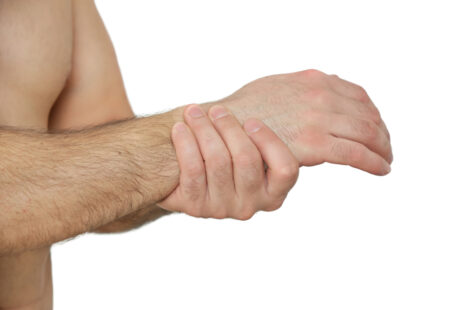The ability of a bad knee to heal itself depends on the specific condition causing the problem. In some cases, with rest, proper care, and rehabilitation exercises, minor knee injuries such as strains or mild ligament sprains may heal on their own over time. However, more serious knee injuries, such as torn ligaments (like the ACL), severe cartilage damage, or advanced osteoarthritis, typically do not heal on their own and may require medical intervention.
Here’s a breakdown…
- Minor Injuries – Minor knee injuries, such as strains, sprains, or mild tendonitis, may improve with rest, ice, compression, elevation (RICE), and over-the-counter pain medications. Physical therapy exercises can also help in the rehabilitation process. In these cases, the knee may heal itself over time with proper care and without the need for surgery.
- Torn Ligaments – Injuries like a torn ACL or other ligament tears typically do not heal on their own due to the limited blood supply to ligaments. These injuries often require surgical intervention, followed by a comprehensive rehabilitation program to restore strength, stability, and function to the knee.
- Cartilage Damage – Cartilage injuries, such as meniscus tears or articular cartilage damage, often do not heal on their own because cartilage has limited regenerative capacity. Depending on the severity and location of the damage, treatment may involve arthroscopic surgery to repair or remove the damaged tissue, followed by physical therapy to restore function.
- Osteoarthritis – Osteoarthritis, a degenerative condition characterized by the breakdown of cartilage in the knee joint, does not have a cure, and damaged cartilage typically does not regenerate on its own. However, treatments such as pain management, physical therapy, lifestyle modifications, and sometimes surgery (such as knee replacement) can help manage symptoms and improve function.
While some minor knee injuries may heal on their own with rest and conservative measures, more serious knee conditions often require medical intervention and rehabilitation to facilitate healing and improve function. It’s important to consult with a healthcare professional for an accurate diagnosis and appropriate treatment plan for any knee-related concerns.




